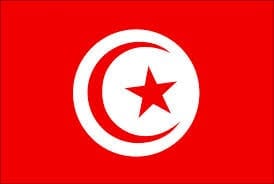Tunisia plans to upgrade water supplies and services in the Greater Tunis area and other cities in Tunisia, as well as for improve the financial situation of the national water utility, Société Nationale d’Exploitation et de Distribution des Eaux (SONEDE).
SONEDE serves the entire urban population of 500 towns and cities, as well about 50 percent of the rural population in 2,659 villages and rural communities. In recent years, it has faced higher than anticipated water demand in the Greater Tunis area, requiring urgent production capacity upgrades to avoid water shortages in the medium term. The World Bank has provided US$26.2 million in additional financing for the upgrade. “Water is an engine for development,” said Eileen Murray, the bank’s country manager for Tunisia. “It has an impact on industrial growth, on commercial activity and tourism, as well as on the daily lives of citizens in all neighborhoods, whichever socio-economic group they come from.” The additional financing will complement water conservation initiatives to fund the rehabilitation and capacity expansion of the Greater Tunis potable water treatment plant, located at Ghdir-el-Gollah, as well the Belli potable water plant serving the center of the eastern part of the country, to avoid water shortages in the short- to medium-term. These water treatment facilities are among the five largest managed by SONEDE, and are key to meeting the needs of the population, as well as industries.The financing is part of the National Water Security Investment Program developed by SONEDE and the Tunisian government to ensure the country’s urban populations continue to receive undisrupted water services over the next decade, despite fast growing demand and the negative impact of climate change.
The World Bank has developed a strategic partnership with SONEDE, which includes technical assistance to ensure its financial sustainability, as well as twinning it with other well performing utilities in the region to strengthen water resources management, performance, and service delivery. The number of people due to benefit from the additional financing of the rehabilitation and expansion of the water supply is about five million, close to 50% of Tunisia’s population of 11 million.






